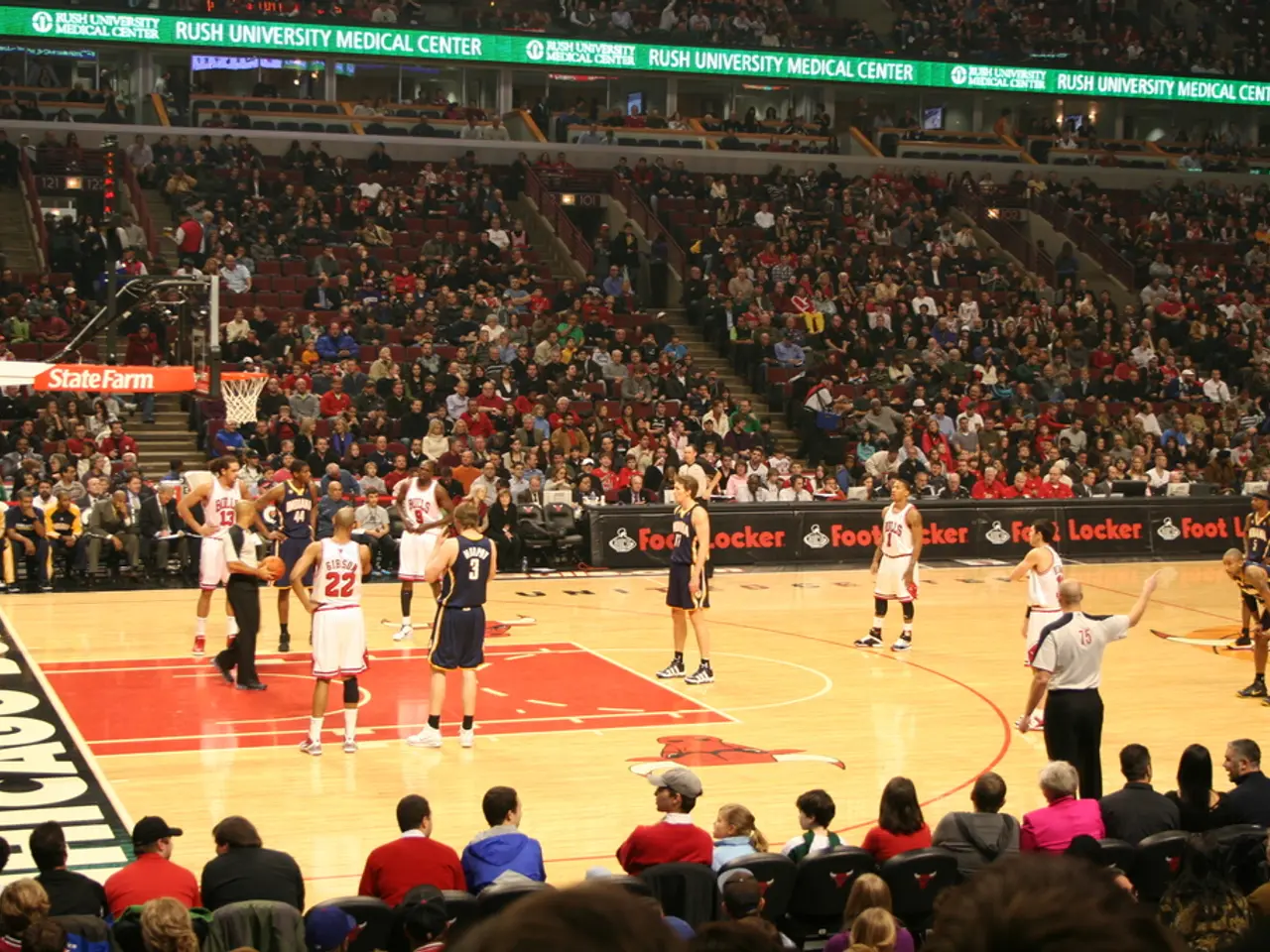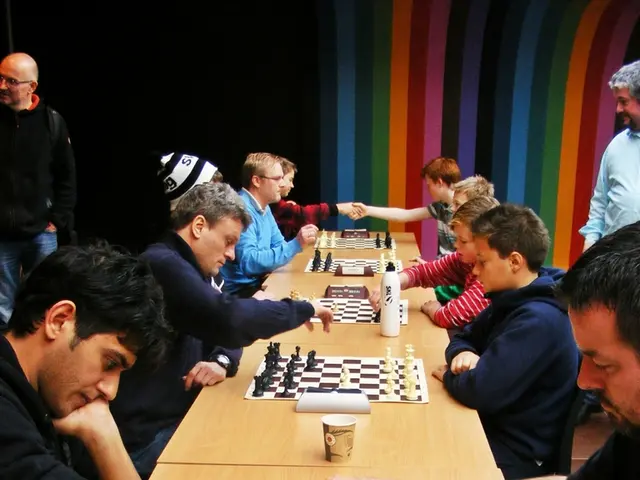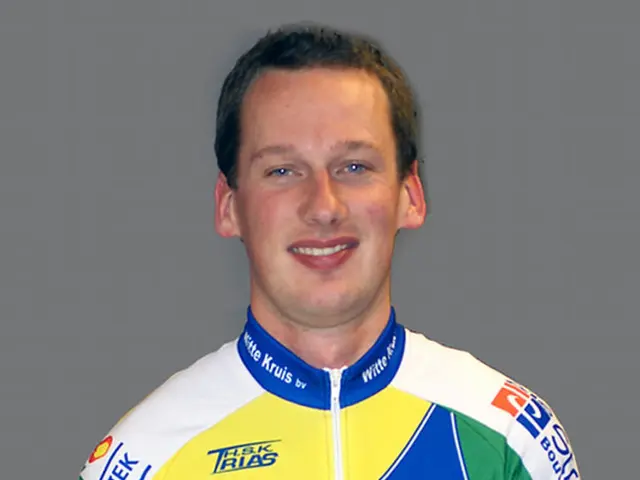Kyrie Irving, in his own words, affirmed that he didn't harbor disdain for teaming up with LeBron James on the Cavaliers, yet he felt it was necessary to progress and transition to new opportunities.
Kyrie Irving Seeks Personal Growth and Independence in Trade Request from Cavaliers
In a surprising turn of events, Kyrie Irving, the talented point guard of the Cleveland Cavaliers, requested a trade from the team in July 2017. This decision came just a year after the Cavaliers won the NBA Finals in 2016, a victory that was largely attributed to Irving's crucial role in the series.
Irving, who was drafted first overall by the Cavaliers in 2011, had been the centerpiece of the team for the first three years. He established himself as one of the NBA's young bright stars, earning two All-Star appearances before LeBron James returned to the Cavaliers.
Playing alongside James was a "different animal" and was expected to be at the top of the league. However, Irving admitted to having bad habits formed from losing games and trying to get buckets all the time in his early career. He felt that these habits were hindering his growth as a player and that he needed to break free from them.
Irving clarified that he did not dislike playing with LeBron James at any time. Instead, he felt that the immense media attention and pressure associated with playing with a superstar like James made it hard for him as a young player to develop on his own. He wanted to grow independently and choose his own path.
Irving's desire for personal growth, freedom, and the opportunity to choose his own franchise led to his trade request. He felt that playing alongside a superstar like LeBron brought immense media attention and pressure, making it hard for him to develop on his own terms.
In the years following his departure from Cleveland, Irving managed to get back to the NBA Finals with the Mavericks in 2024, but struggled to find the same level of sustained success he had in Cleveland with the Celtics and Nets. Despite these challenges, Irving's decision to seek personal growth and independence remains a significant moment in his career.
References: [1] ESPN. (2017, August 22). Kyrie Irving trade: Cavaliers guard wants to 'grow independently', 'choose his own path'. Retrieved from https://www.espn.com/nba/story/_/id/20836687/kyrie-irving-trade-cavaliers-guard-wants-grow-independently-choose-own-path [3] The Athletic. (2017, August 22). Kyrie Irving's trade request is about more than just wanting to leave LeBron James. Retrieved from https://theathletic.com/1620298/2017/08/22/kyrie-irvings-trade-request-is-about-more-than-just-wanting-to-leave-lebron-james/
- Kyrie Irving's trade request from the Cavaliers in 2017 was driven by his desire for personal growth and independence, wanting to break free from habits formed in his early career.
- Despite the Cavaliers' NBA Finals win in 2016, Irving felt that playing alongside LeBron James was associated with immense media attention and pressure, hindering his independent development.
- In the NBA season following his trade request, Irving played for the Mavericks but struggled to find the same level of success as in his time with the Cavaliers.
- Irving's decision to seek personal growth, freedom, and the opportunity to choose his own franchise remains a significant moment in his career, reflecting his desire to develop independently on his own terms.




